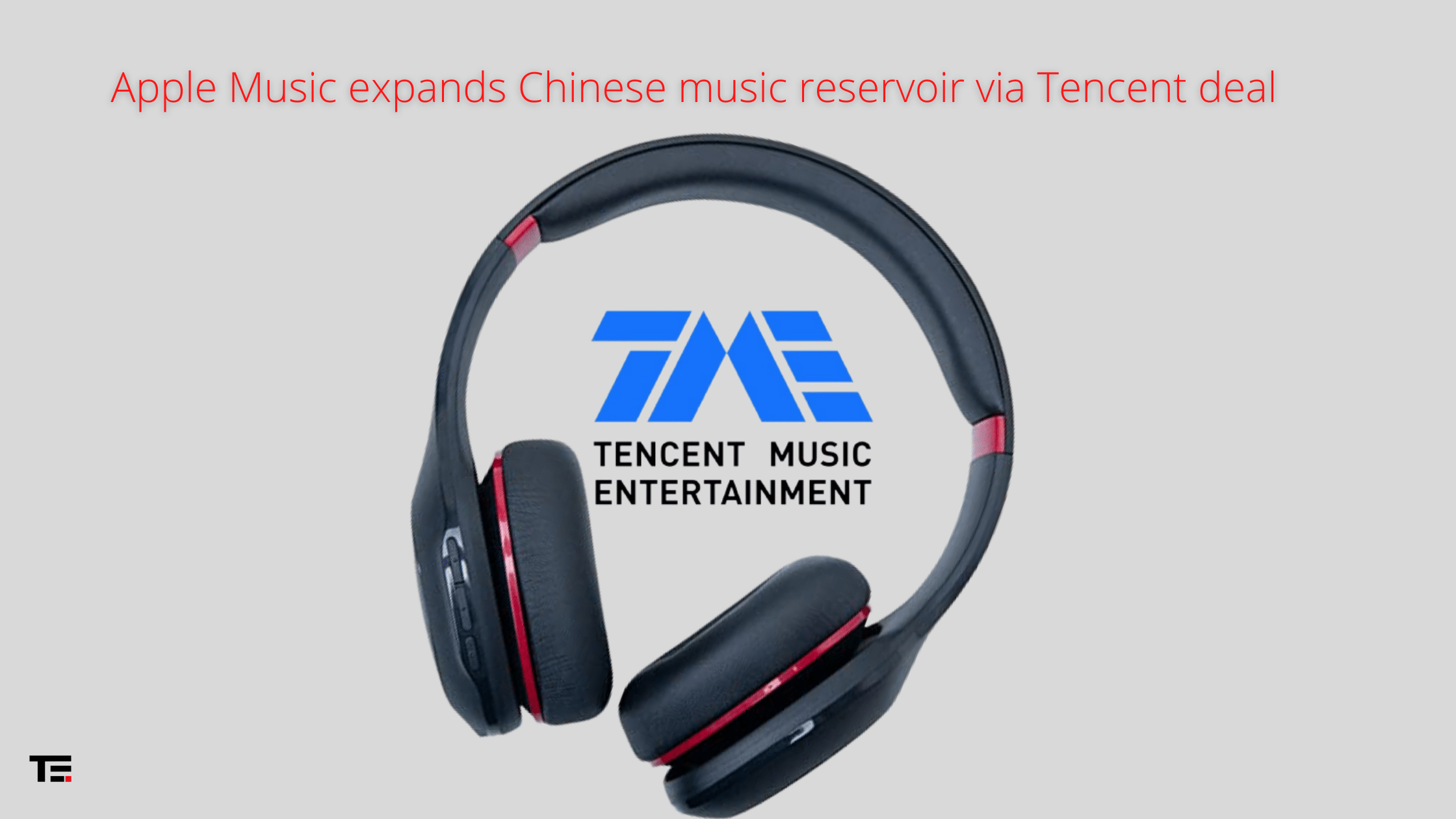Tencent Music Entertainment, the company’s online music division, announced Tuesday that “record labels and artists” in its “Music Cloud” program can now distribute their work through Apple Music.
Tencent isn’t the first Chinese corporation to collaborate with a major Western online music provider. In 2017, the Chinese internet company and Spotify agreed to swap shares. The agreement did not involve the exchange of content.
The TME announcement is vague, and partners have remained silent on the specifics of their agreements. The contract’s significance is determined by what TME’s “Music Cloud” is. In the company’s own terms, this is what it means:
Company’s Own Words:
“As a new global music distribution platform launched by TME, TME Music Cloud will also adopt ‘content self-management,’ ‘online distribution and promotion,’ ‘settlement of royalties,’ and “music data insights,’ providing global level omnichannel distribution for a wide range of partner labels and creators. At the same time, TME’s industry resources and Tencent’s social ecology will offer comprehensive assistance to content creators in content production and promotion as well as commercial realization.”
Music Cloud appears to be aimed towards small-time artists that lack distribution and marketing support from major record labels.
TME has established a platform for independent musicians to promote their work, gain fans, stage virtual concerts, and finally earn money during the last four years. TME receives licensing rights to their works in exchange.
The right to top pop performers like Jay Chou, however, is where TME makes its big money. TME is extremely important to user loyalty for Taiwanese performers. In 2017, Chou filed a lawsuit against NetEase Music for infringing on his copyright.
TME has been Universal Music, Warner Music, and Sony Music Entertainment over the years (collectively). The record label “Big Three” Antitrust investigations into China’s IT industry, on the other hand, have begun to pierce the TME’s impenetrable barriers. In July, a national market regulator penalized TME for “unfair” market practices, and we were ordered to relinquish our exclusive online music rights.
TME is unlikely to share high-priced licensed music with Apple Music. Otherwise, the collaboration will come at a high cost. When our partners decide to provide more information, we will know more. For the time being, the potential of reaching a global audience will undoubtedly thrill aspiring Chinese musicians.
Also Read: Google Stadia will now allow you to play multiplayer games without waiting for an invite.
